This issue covers:
- Visit us at Intersolar Europe
- Report highlights potential for US shared solar
- Concern over ground mount solar PV in Germany
- Growth in UK utility scale solar
- EPIA opposition to EU Chinese pricing mechanism
Visit us at Intersolar Europe
The Seaward Solar range of electrical safety and performance measurement equipment for solar PV applications will be on show at stand B2.360 at Intersolar Europe (June 10 – 12, Munich).
Among the products on display will be multifunction solar PV installation testers, advanced irradiance meters, power analysis tools and certification software. Bringing these products together our all in one specialist PV test kit that enables contractors to install new solar PV installations safely, thoroughly and effectively.
The Solarlink Test Kit includes all the necessary test and datalogging capabilities needed to perform pre-installation site surveys and measure the electrical safety and performance of installed PV systems in line with MCS MIS 3002 and IEC 62446.
The kit combines the comprehensive electrical commissioning test capabilities of the PV150 solar installation handheld tester with the advanced Solar Survey 200R multifunction PV survey meter.
Special wireless Solarlink connectivity between the two instruments enables real-time irradiance to be displayed and measured at the same time as electrical testing is being undertaken.
This means that irradiance, module and ambient temperature can be recorded in real time within the PV150 as the electrical tests are conducted.
Once testing is completed, the USB download of time and date stamped test results, irradiance and temperature measurements provides full traceability and speeds up the completion of PV system-documentation and customer handover packs.
Report highlights potential for US shared solar
The US Energy Department's National Renewable Energy Laboratory (NREL) has reported that by making shared solar programs available to households and businesses that currently cannot host on-site PV systems, shared solar could represent 32 to 49 percent of the distributed photovoltaic (PV) market in 2020.
Shared solar models allocate the electricity of a jointly owned or leased solar PV system to offset individual consumers' electricity bills, allowing energy consumers to share the benefits of a single solar array.
“Historically, PV business models and regulatory environments have not been designed to expand access to a significant portion of potential PV system customers,” said David Feldman, NREL energy analyst and lead author on the report.
“As a result, the economic, environmental, and social benefits of distributed PV have not been available to all consumers. Shared solar programs open up the market to the other half of businesses and households.”
Among the report’s key findings are that at least 49 percent of U.S. households and 48 percent of businesses are currently unable to host a PV system when excluding residential renters, those without access to roof space (e.g. multi-unit housing, malls), and/or those living or working in buildings with insufficient roof space.
The report also says that, shared solar could lead to cumulative U.S. PV deployment growth of 5.5–11.0 gigawatts between 2015 and 2020 and represent $8.2 to $16.3 billion of cumulative investment. Full details at www.nrel.gov.
Concern over ground mount solar PV in Germany
German PV trade industry association BSW Solar has expressed concern over the country’s new tender process for awarding ground-mount solar energy projects, saying that many would-be developers are likely to miss out.
The association’s spokesman David Wedepohl is reported as saying that while it is too early to comment on several aspects of the process until the full results are made public, the association was not happy to see relatively low caps on the country’s new installations for an energy generation technology competitive on price with coal.
The first tender round to award 150MW of ground-mount, or ‘open-field’ projects, received 170 applications. Over 2015, 2016 and 2017, the competitive auction process is expected to be applied across the ground-mount, residential and commercial scale solar sectors.
Administered by the regulator, the Bundesnetzagentur (BNetzA), the auctions are aimed at bringing 7.5GW more solar online by the end of 2017.
Wedepohl explained that in his and BSW Solar’s thinking, it was good that some ground-mount PV would be allowed through the process after a couple of lean years, although installations sired by the auctions would be limited to 10MW capacity per project. Germany has over 38GW of PV generation capacity already installed across the three main market segments. Full story here.
Growth in UK utility scale solar
The UK is now the third largest utility-scale solar market after deployment in Q1 2015 saw it leapfrog Germany, to lie behind the USA and China.
The league table was compiled by industry website Wiki-Solar, claiming that the UK connected nearly 1.5GW of capacity to the grid in the rush to beat the renewable obligation deadline on 1 April 2015.
According to Wiki-Solar, the utility-scale capacity of the world’s top countries is 9,996.2MW in the USA (with 552 plants), 8,880.9 MW in China (with 315 plants) and 3,610.1 MW in the UK (with 408 plants). Germany follows in fourth place with 3,589.6MW (299 plants), with India at 2,533.7MW (216 plants) and Spain with 1,538.5MW (172 plants).
Commenting on the veracity of the figures, Philip Wolfe of Wiki-Solar said: “We may yet be understating the current figures. When the UK energy regulator catches up with the backlog of station registrations, we may find that even more projects have been connected than are currently shown in our database as having been commissioned.” Full details at www.wiki-solar.org/
EPIA opposition to EU Chinese pricing mechanism
The European Photovoltaic Industry Association (EPIA) has officially spoken out against the European minimum price on PV modules on Chinese and Taiwanese solar cells and modules. EPIA has taken the position against the EU minimum price because of the negative impact it is having on the EU solar market.
"The EPIA board has agreed on this position, as we believe that a return to a level playing field will help solar power in Europe to grow, and support the European electricity market in achieving its challenging emission reduction goals,” said EPIA President Oliver Schaefer.
EPIA had not previously commented on solar trade barriers in the EU, neither supporting nor criticizing anti-dumping trade disputes, nor the resultant minimum price solution.
The EPIA acknowledged that is may lose some members as a result of speaking out against the EU minimum price, it could equally gain “hundreds of new members” because of the move.
Schaefer noted that there were many pressing issues currently in play in the EU solar market, with trade disputes being just one. He pointed to electricity market reform on a European level and self-consumption regulations as being two such issues.
“We’ve got to move beyond single issues,” said Schaefer. “By having more competitive, high-quality solar panels from the world’s leading companies from all over the world we can increase the rate and quality of solar installations in Europe.” Full report here



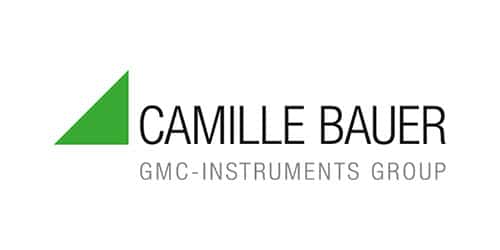
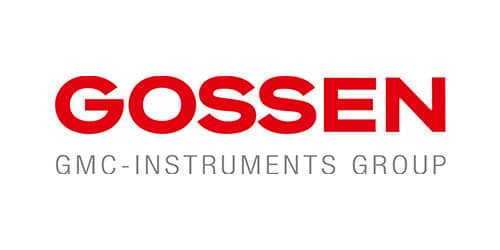
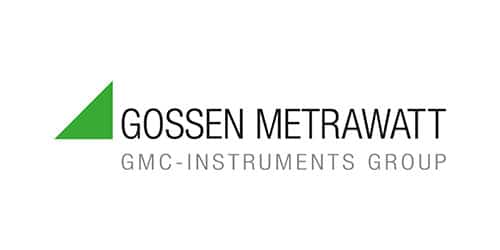
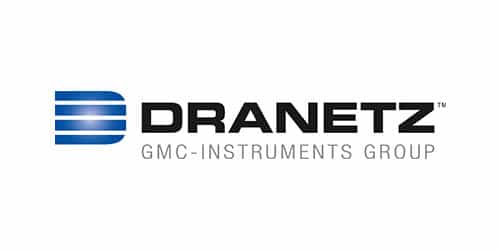
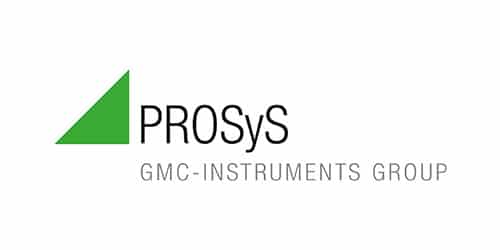
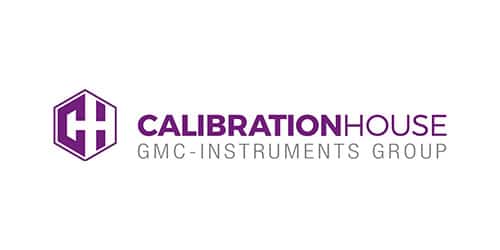
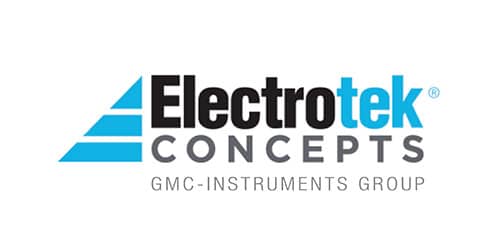
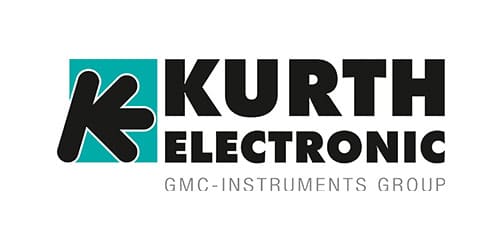
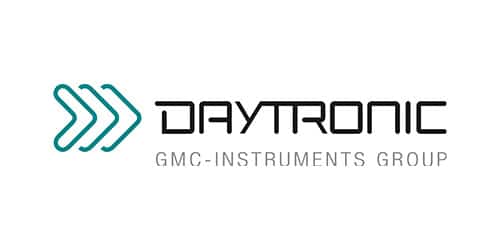
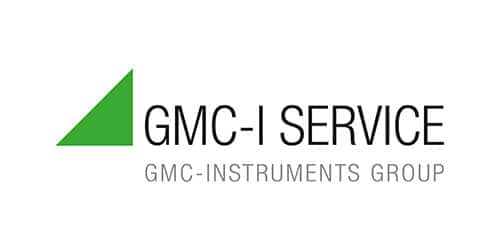
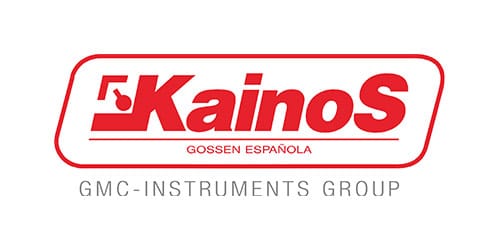
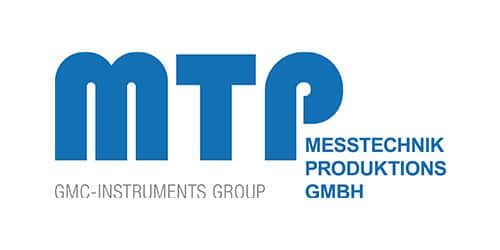
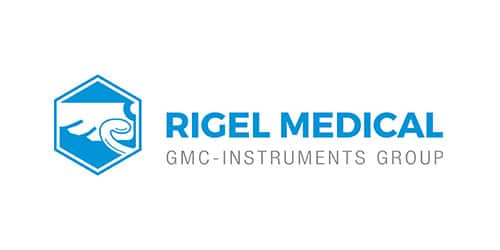
Sign up to our Newsletter.
Stay up to date with the latest industry and product news, as well as our free educational content such as webinars and our expert guides.
Close